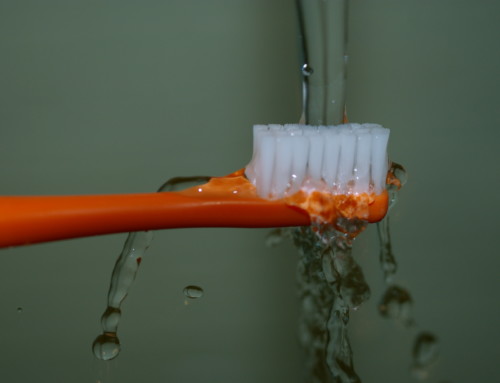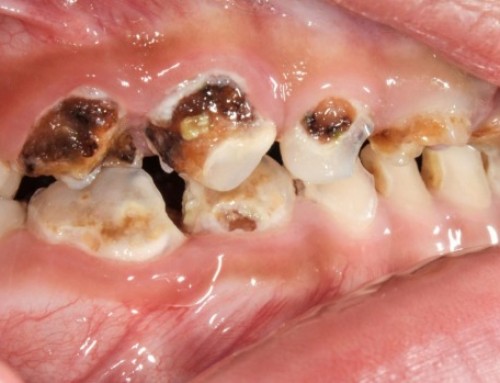Going with today’s theme; I was told in a comment by Kevin Galalae:
“Judging by your membership in the group “Support Gay Adoption NZ” one can also surmise that you are gay which only reinforces the conclusion that you have been severely damaged by the fluoridation campaign. You may or may not know that fluoridation of the water supply raises the incidence of sexual confusion from a naturally occurring rate of c.4% to an artificially high rate of c. 15%.”
My girlfriend was shocked by such a comment. No evidence was given of course that fluoridation causes this harm. This reminded me of this page which blamed fluoride had a feminising effect.
“On the advice of our dentist, my mom gave me fluoridated water for several years. She crushed up the fluoride tablets the dentist gave her and put them in pitchers of water for me to drink. I did not start puberty until I was 16 and did not have to shave every day until I was nearly 20, so my passage through puberty was delayed. Also, I developed a number of unmanly gestures and attitudes that I learned caused a few people to think I might be gay. I now believe that this was the result of the fluoride my mom gave me.”
A number of anti-fluoridation groups shared the page or shared the study it talks about as evidence of harm. If you read the Fluoride-induced disruption of reproductive hormones in men (2003) paper, it was a study of Mexican men that found fluoride intakes up to 27 mg/day did not affect sperm motility or other sperm parameters.
Some of the men had occupational exposure to fluoride as well as exposure from drinking water at a concentration of ≥3 mg/L. Any effect was in heavily exposed scenarios, which actually shows the safety of community water fluoridation.
No review has found evidence of harm. The York review in 2000 did not find any evidence of fluoride-attributable reproductive toxicity in humans, and 2006 NRC review of EPA fluoride standards concluded that adverse reproductive and developmental outcomes occur only at very high concentrations that are unlikely to be encountered by U.S. populations. The 2011 SCHER report found no new studies indicating that fluoride in drinking water influences human reproductive capacity.








Leave a Reply